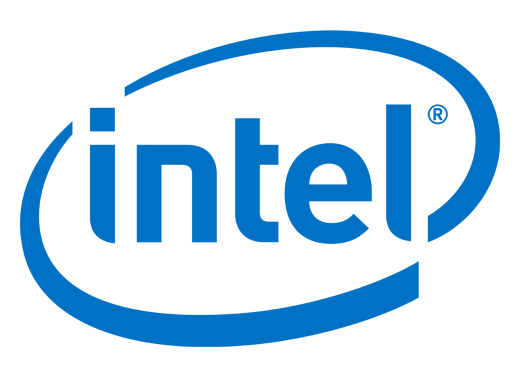Originally posted by commarmi
View Post
During this Cinebench R23 run, the laptop [MSI Prestige Evo 14 with Core i7-1185G7] spent its first 10 to 15 seconds running at the full PL2 power limit of 51W, with temperatures up to a blistering 98°C. After that initial extremely high-performance power and heat generating burst, the CPU dropped down to sustain an average power consumption of 34W. By contrast, an 8 core/16 thread Ryzen 7 Pro 4750U—at cTDP upward of 25W—consumed an average of 27.9W, with a high of 29.9W.


Comment